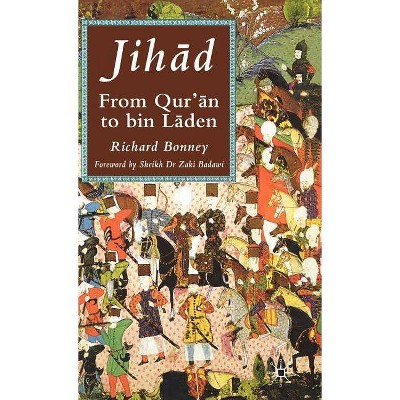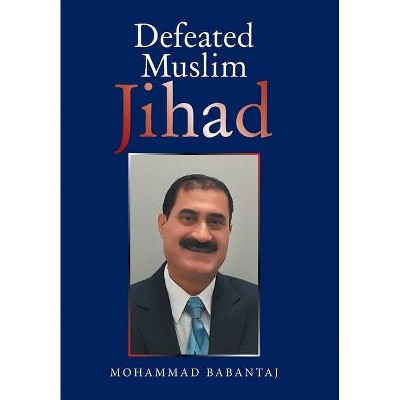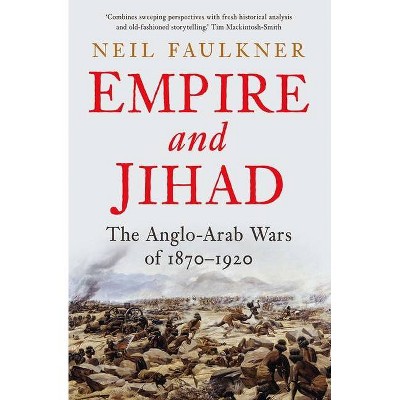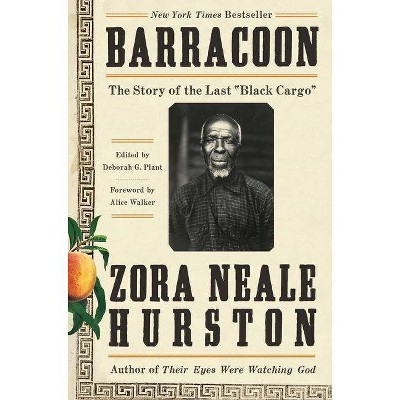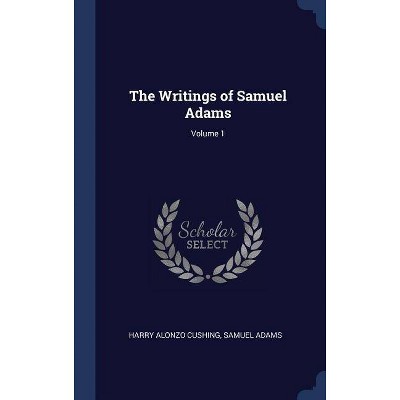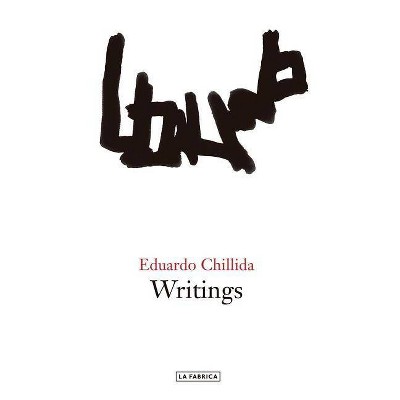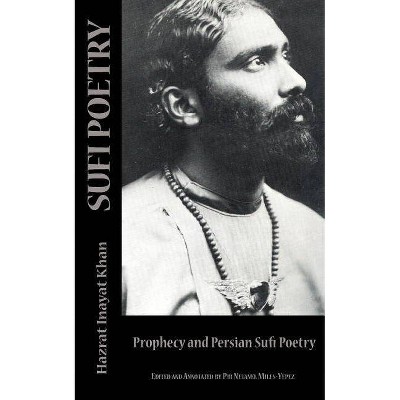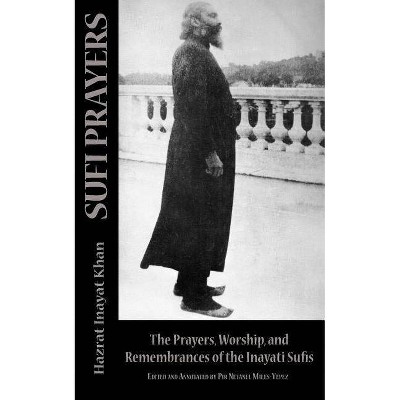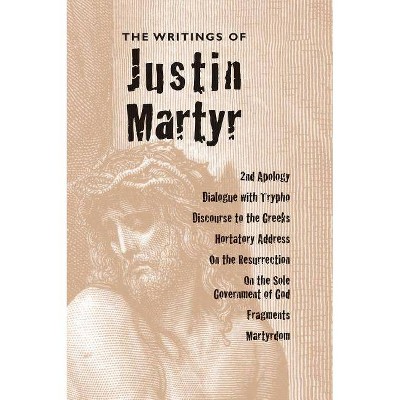Jihad in Premodern Sufi Writings - by Harry S Neale (Hardcover)
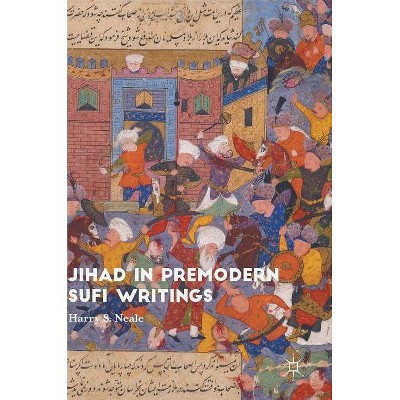
Similar Products
Products of same category from the store
AllProduct info
<p/><br></br><p><b> Book Synopsis </b></p></br></br>This book is the only comprehensive study in a European language that analyzes how Sufi treatises, Qur'anic commentary, letters, hagiography, and poetry define and depict jihad. Harry S. Neale analyzes Sufi jihad discourse in Arabic and Persian texts composed between the eleventh and seventeenth centuries, providing access to many writings that have hitherto been unavailable in English. Despite the diversity of practice within Sufism that existed throughout the premodern period, Sufi writings consistently promulgated a complementary understanding of jihad as both a spiritual and military endeavor. Neale discusses the disparity between contemporary academic Sufi jihad discourse in European languages, which generally presents Sufis as peaceful mystics, and contemporary academic writing in Arabic that depicts Sufis as exemplary warriors who combine spiritual discipline with martial zeal. The book concludes that historically, Sufi writings never espoused a purely spiritual interpretation of the doctrine of jihad.<p/><br></br><p><b> From the Back Cover </b></p></br></br>This book is the only comprehensive study in a European language that analyzes how Sufi treatises, Qur'anic commentary, letters, hagiography, and poetry define and depict jihad. Harry S. Neale analyzes Sufi jihad discourse in Arabic and Persian texts composed between the eleventh and seventeenth centuries, providing access to many writings that have hitherto been unavailable in English. Despite the diversity of practice within Sufism that existed throughout the premodern period, Sufi writings consistently promulgated a complementary understanding of jihad as both a spiritual and military endeavor. Neale discusses the disparity between contemporary academic Sufi jihad discourse in European languages, which generally presents Sufis as peaceful mystics, and contemporary academic writing in Arabic that depicts Sufis as exemplary warriors who combine spiritual discipline with martial zeal. The book concludes that historically, Sufi writings never espoused a purely spiritual interpretation of the doctrine of jihad. <p/><p/><br></br><p><b> About the Author </b></p></br></br>Harry S. Neale holds a Ph.D. in Near Eastern Studies from the University of California, Berkeley, and an M.A. in Near Eastern Studies from the University of Arizona. He has taught courses on Islamic Humanities, Early Islamic History, Middle Eastern literature, Elementary and Intermediate Arabic, and Elementary Persian at UC Berkeley, Lehigh University, and the United States Military Academy at West Point. He has published articles in the Journal of Arabic Literature, Journal of Indo-European Studies, and Middle Eastern Literatures.
Price History
Price Archive shows prices from various stores, lets you see history and find the cheapest. There is no actual sale on the website. For all support, inquiry and suggestion messages communication@pricearchive.us
